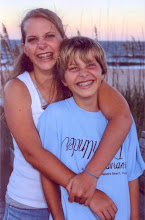In the child textile worker's testimony, Hannah Goode talks about William Crookes, the overlooker, beating "the little children if they do not do their work right" (Parliamentary Papers 494). Hannah Goode is sixteen years old and can barely read, let alone write. It seems unacceptable that these workers are not even given an opportunity for education. Elizabeth Eggley and her sister Ann were never able to get a traditional education from a school or a spiritual education from Sunday School.
These testimonies and the harsh conditions they depict are a classic example of the lower-class being looked over and being used to elevate the statuses of the middle and upper class. It is fascinating to me how people tend to only care about themselves and their own well-being. It seems to me that if we ever took the time to care for someone less fortunate than ourselves, the problems that existed for these three working-class girls would never have even been an issue. One of the most important lessons I have learned so far in my life is that you cannot wait for other people to change the world, you have to do what you can yourself. If someone had helped these girls, maybe they would have been able to get an education and would not have lost their childhood to a workplace that is not conducive for a child to learn and grow.

1 comment:
Rachel,
Good focus on the poignant narratives of these factory girls. Your post on them, however, tends to generalize and summarize their statements, while I would prefer that you quote specific passages and discuss them in detail and depth.
Post a Comment